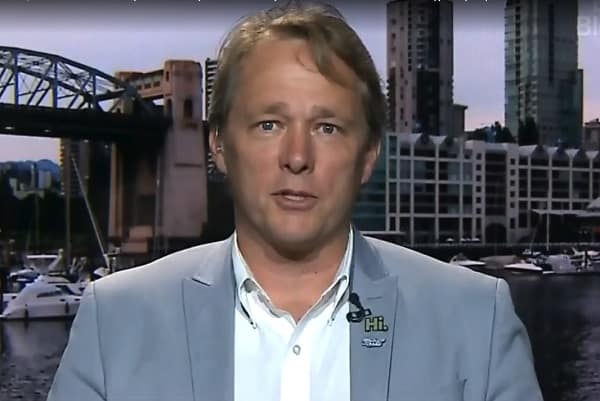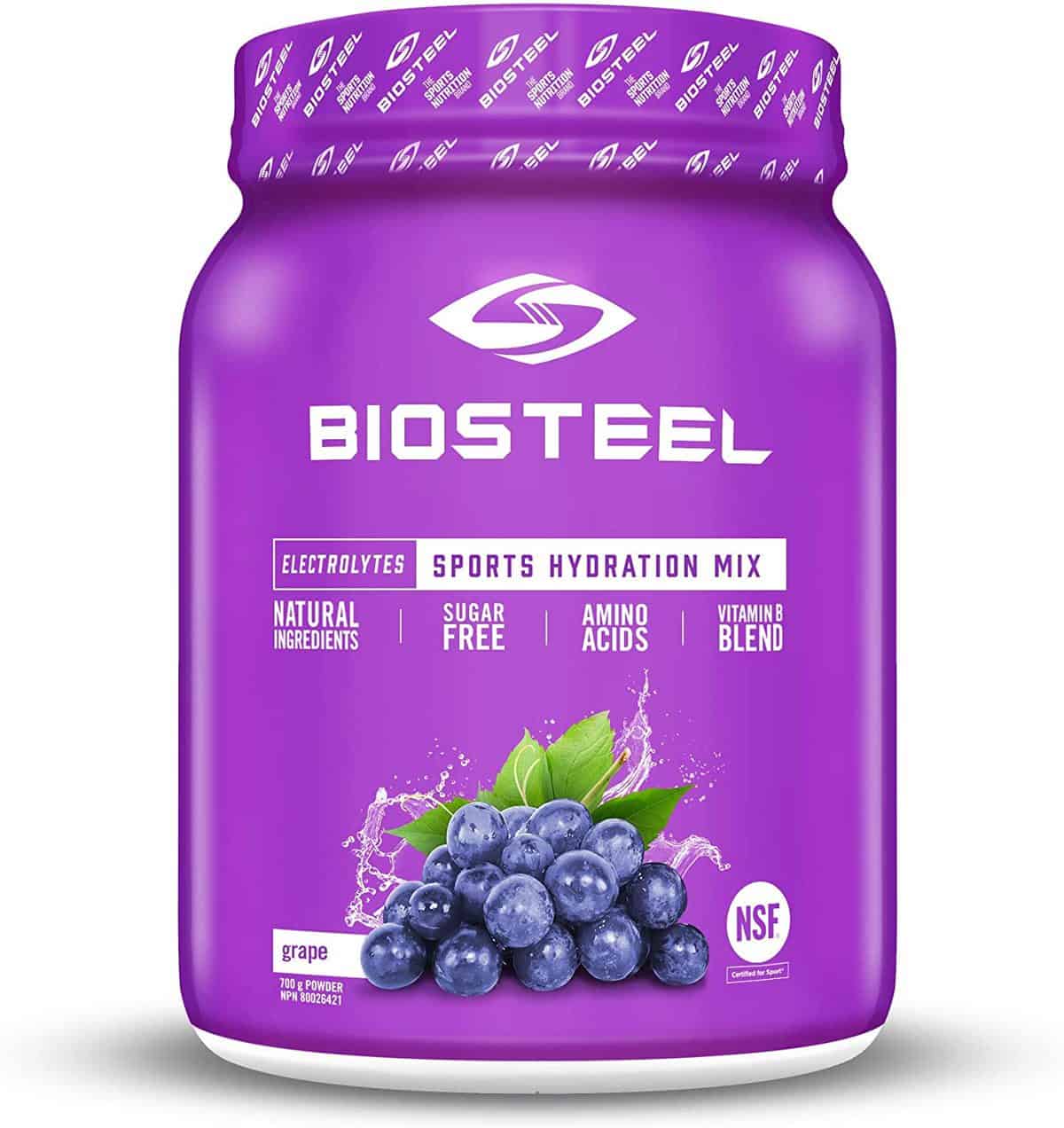
 The federal government’s plan to block the black market in cannabis may work out eventually but it won’t be due to legal weed stores, says Bruce Linton, CEO of Canopy Growth (TSX:WEED, NYSE:CGC), who claims his company is capable of opening up over 100 retail pot outlets in Ontario alone.
The federal government’s plan to block the black market in cannabis may work out eventually but it won’t be due to legal weed stores, says Bruce Linton, CEO of Canopy Growth (TSX:WEED, NYSE:CGC), who claims his company is capable of opening up over 100 retail pot outlets in Ontario alone.
As it’s been framed by Prime Minister Justin Trudeau’s Liberal government, one of the primary motivations for legalizing recreational marijuana across the country has been to pull cannabis consumers away from a black market in pot currently estimated to be worth $5.7 billion a year by opening legal weed stores from coast to coast.
But will the plan actually work? With the rec cannabis date of October 17 still a couple of months away, it’s too early to tell, but there are more than a few skeptics out there, many of whom point out that government-sanctioned pot is expected to sell at a higher price than what consumers are currently paying on the black (and grey) markets.
Statistics Canada has found that the average price for pot in 2017 was $6.83 per gram, significantly lower than the legal retail price which has been projected at as high as $10 a gram. Last month, a report produced by hedge fund GTV Capital and the Marijuana Policy Group in the United States concluded that the pre-tax price is likely to average $8.33 per gram, on top of which will be added a ten per cent excise tax and sales taxes of five to 15 per cent.
Availability has also been raised as an impediment, as retail outlets won’t be as plentiful as what’s found in the current market, which features both street dealers and the medical/recreational cannabis stores that have been popping up across the country over the last few years.
But aside from those issues, Linton argues that it’s not really the mandate of the retail sellers to be picking away at the black market.
“Not our job,” said Linton, in conversation with BNN Bloomberg this week. “What we can do is a great job of following the rules. The job of the illicit removal is when you look at Bill C-45 which is how we got to this state where we can actually sell it to adults if they choose, [the government] has a number of measures in there that enable the police to do their job more effectively, which means identifying people who are growing and selling illegal quantities and make arrests and take actions.”
At the same time, Linton believes Canada’s pot consumers will, over time, come over to legal weed.
“If you try to sell moonshine today anywhere where the government sells alcohol, you’re now taking the taxes from the government, and one thing I think we can all agree on is that the government takes a fairly dim view of people not paying or taking away their tax revenue,” says Linton. “So, I think the illicit market is going to have some challenges based on the rules and the fact that there is now a tax stream involved, particularly, the province gets to keep about two-thirds or better of all of the resulting taxes that come off the sale of this product.”
While many provinces have by now firmed up their plans for rolling out rec cannabis, Ontario’s pot agenda is now up in the air, as Doug Ford’s administration has recently made moves suggesting a switch from government-run stores to private retail. Linton, for one, is in favour of the idea.
“You’ll have the ability to capture the margin [in privately run stores] that would have otherwise been going to the province at the point of sale,” he says. “And probably when the private sector builds those stores out, we can not only build out more of them more quickly but when I look at our costs per square foot to build these things, private sector may have some advantages there.”
“If the province wanted to roll out 300-400 [stores] and they picked four or five parties to do it, I don’t think we’d have any challenge maintaining our current market share, which is about 30-40 per cent and filling those up,” he said.
Leave a Reply
You must be logged in to post a comment.





 Share
Share Tweet
Tweet Share
Share




Comment